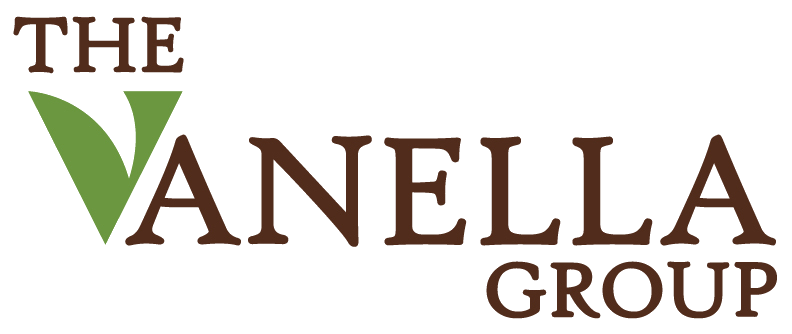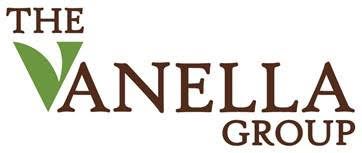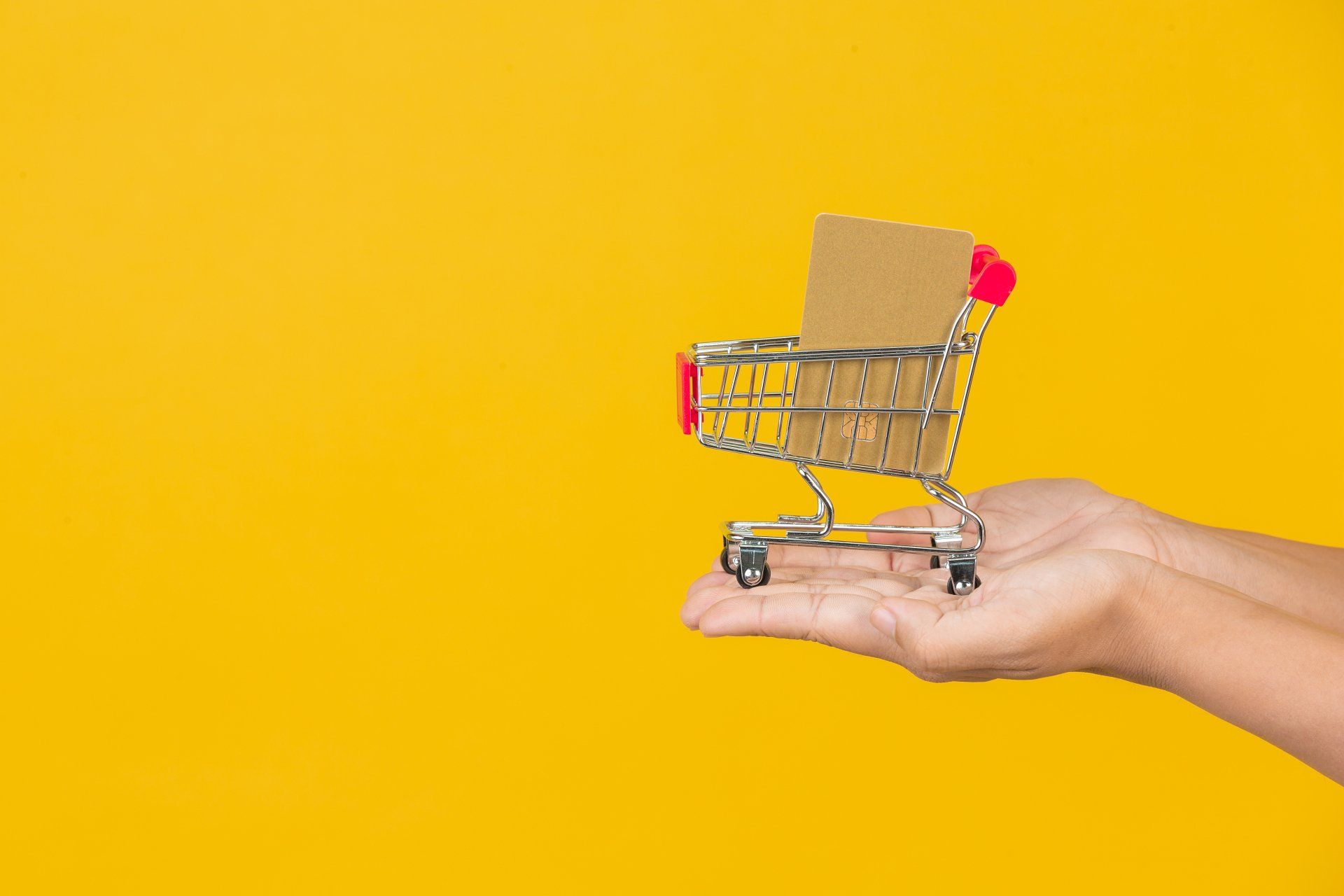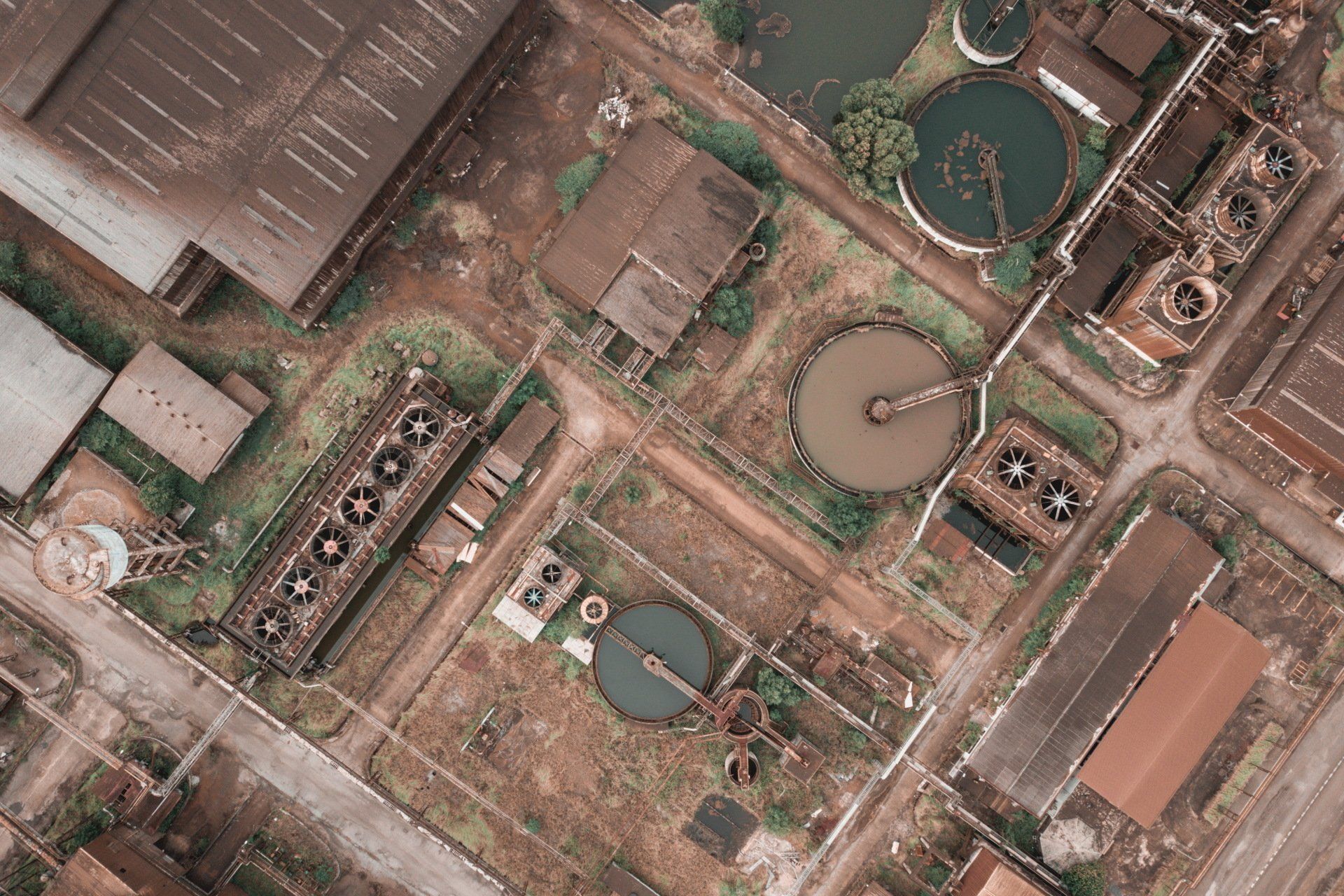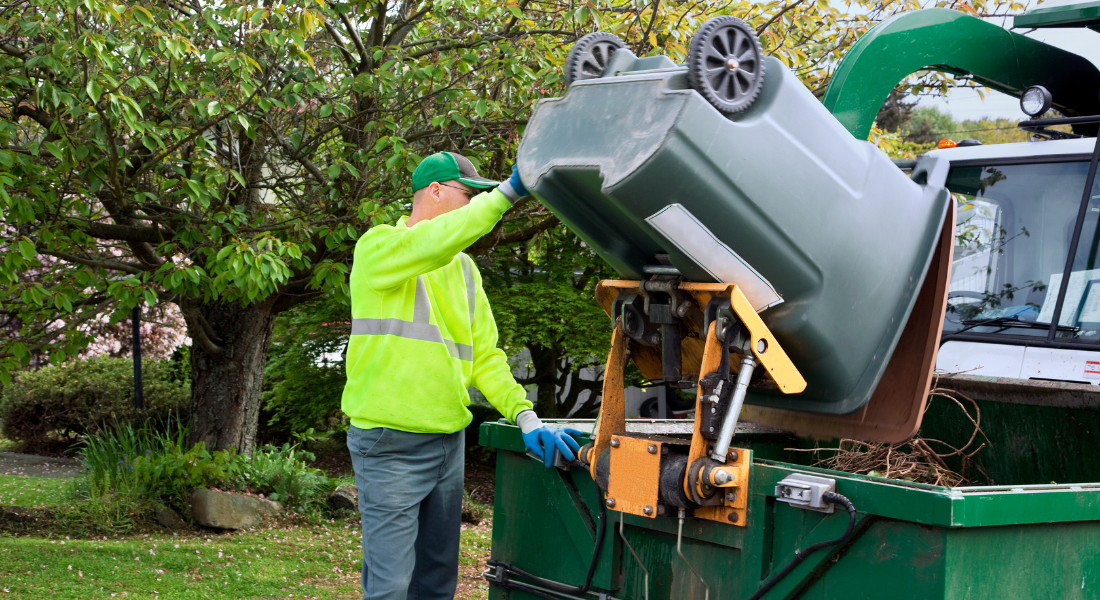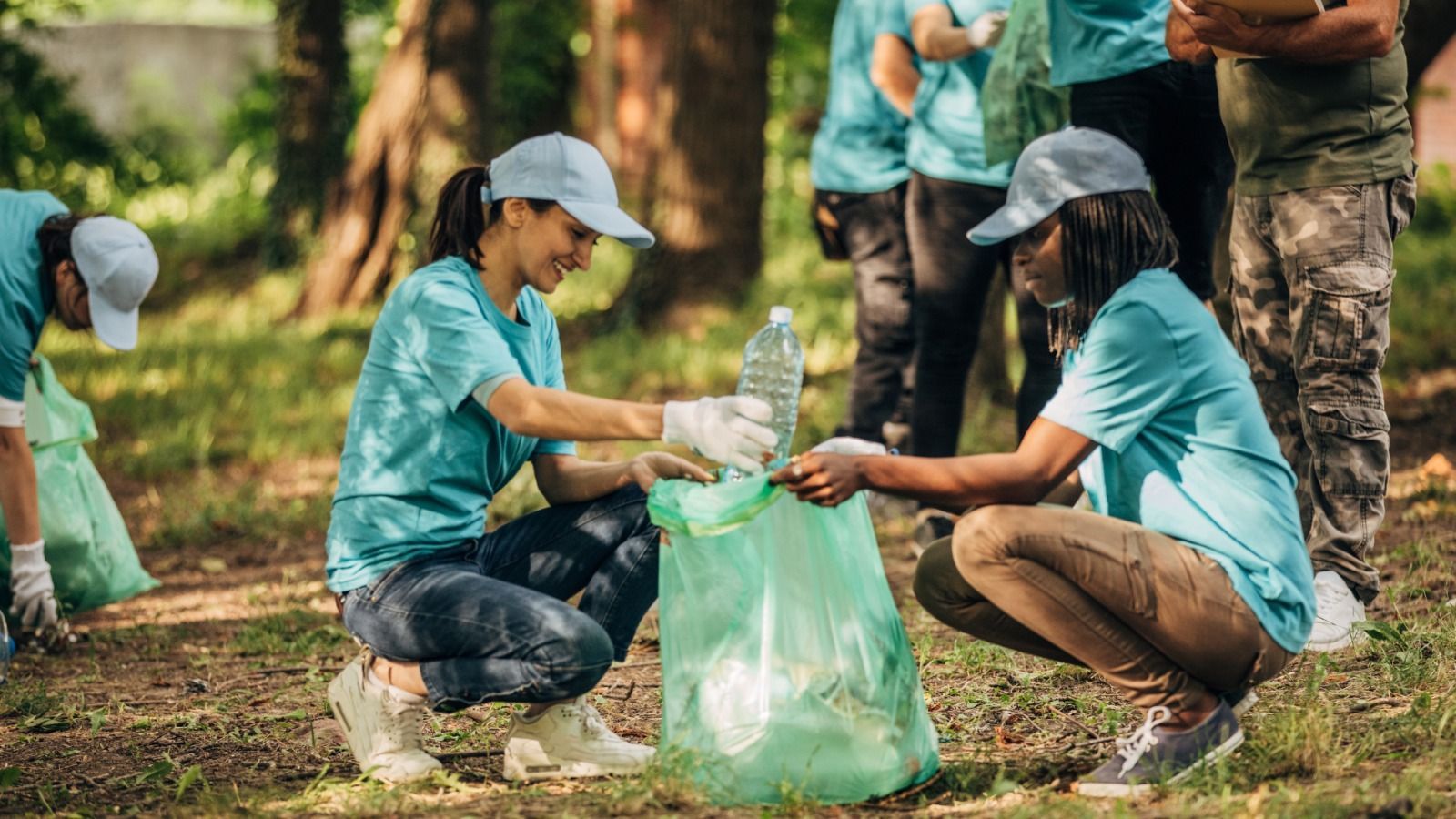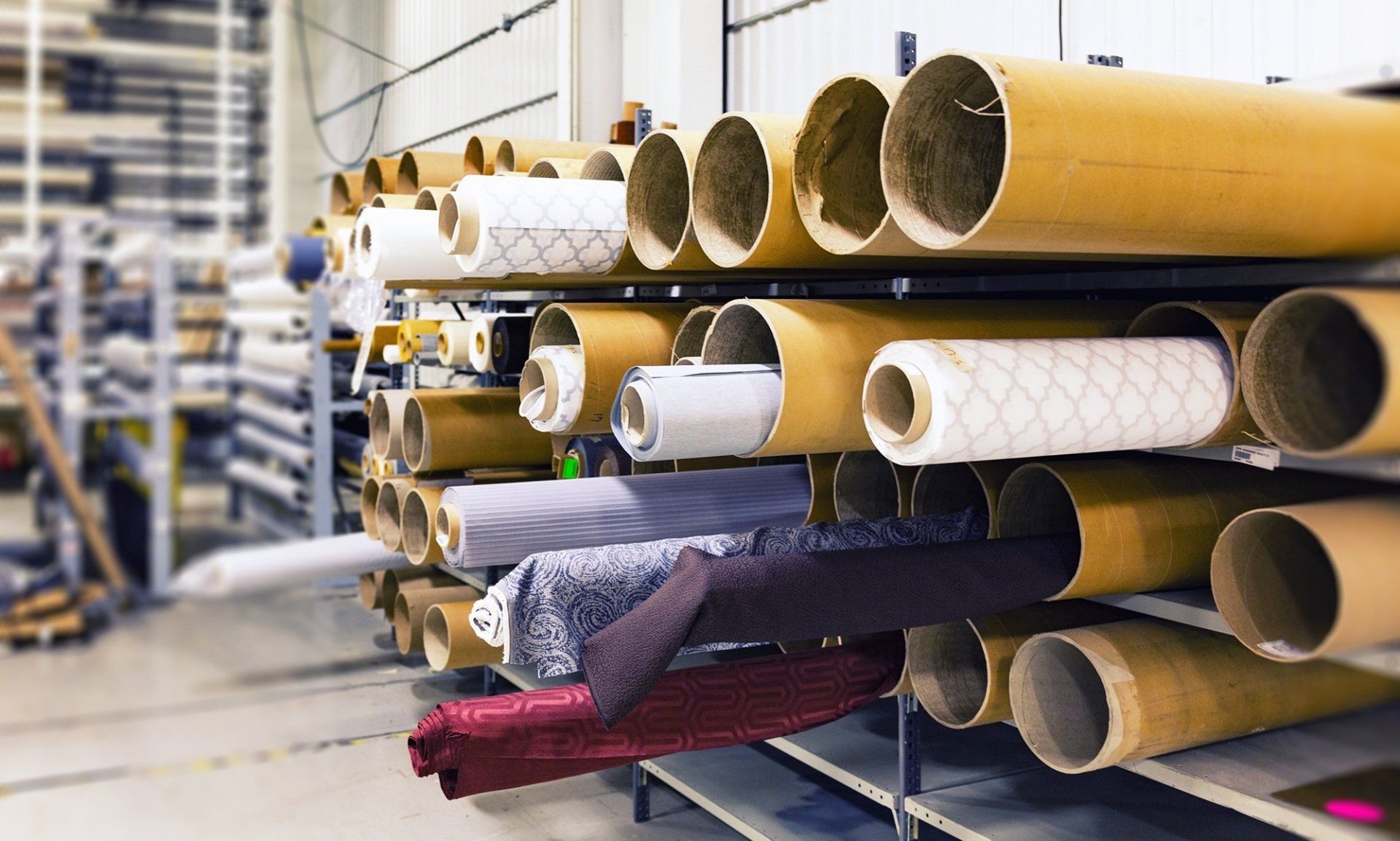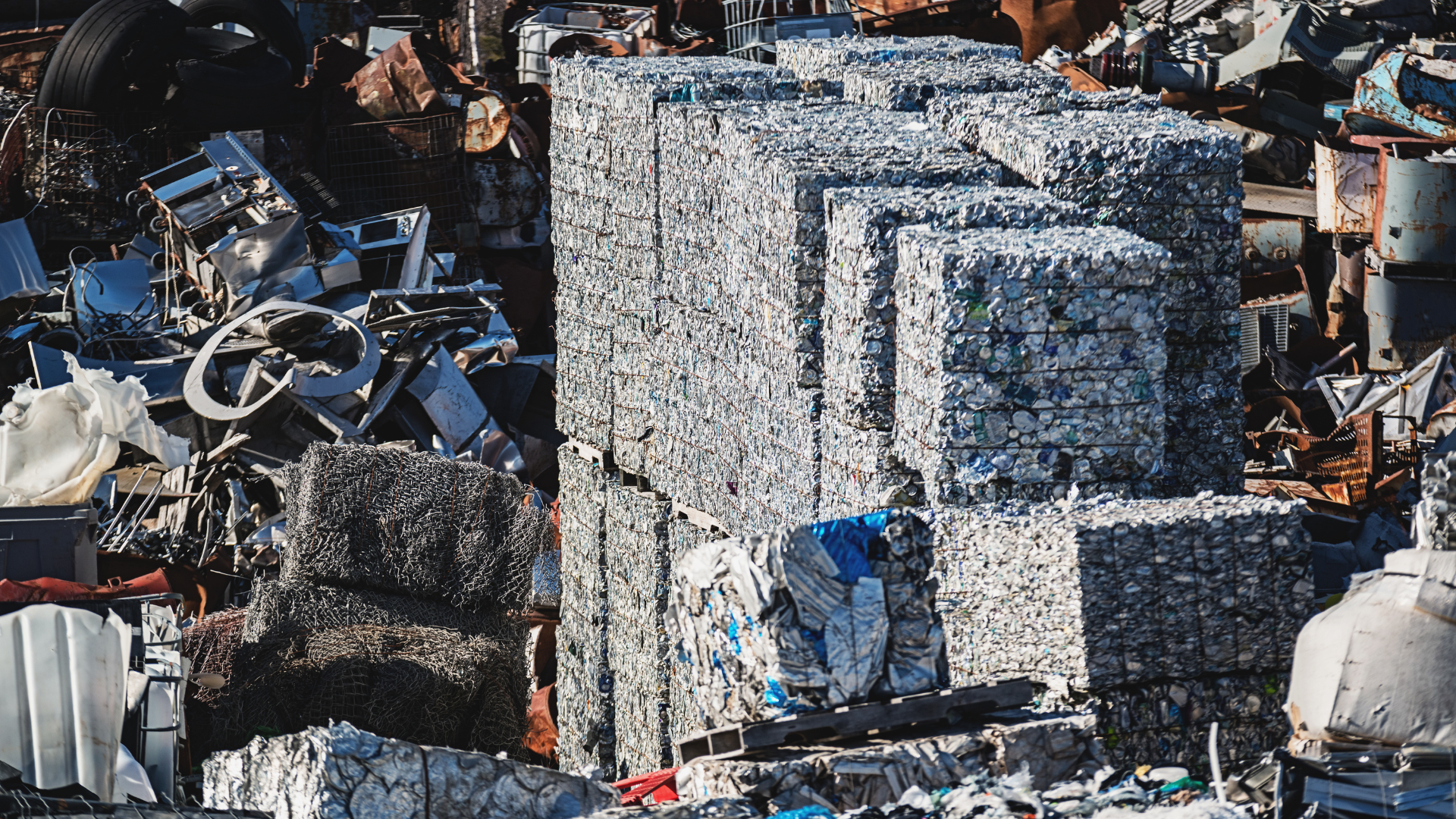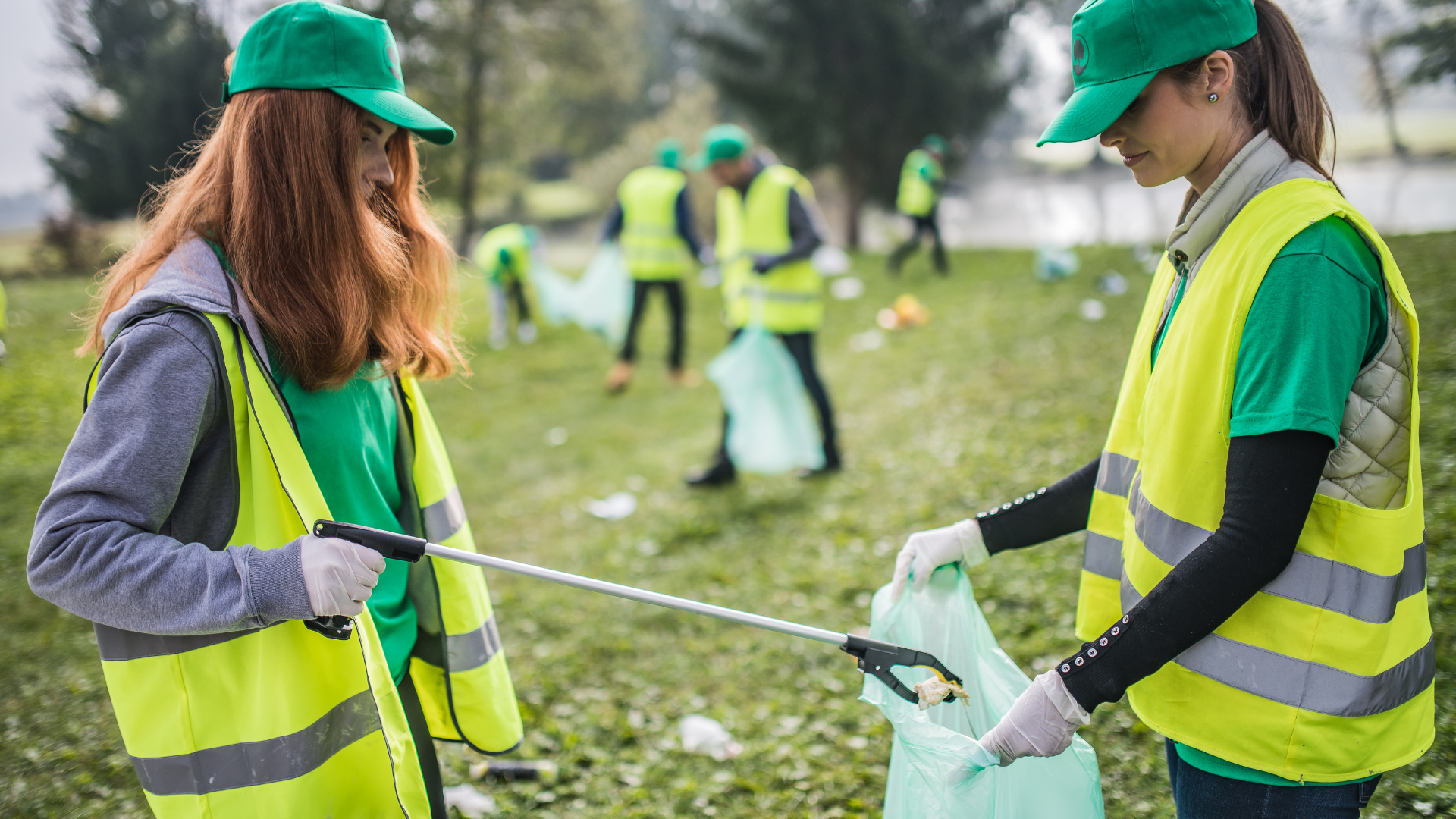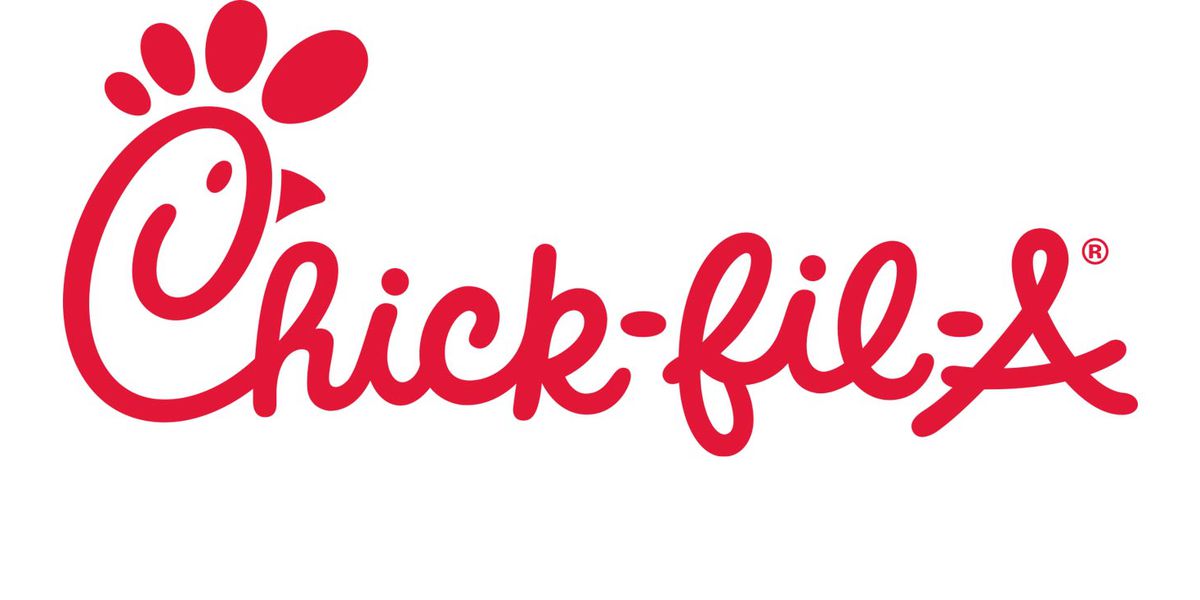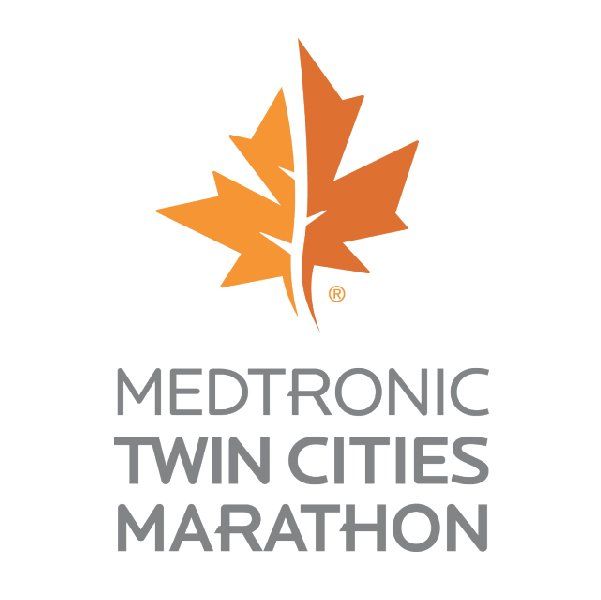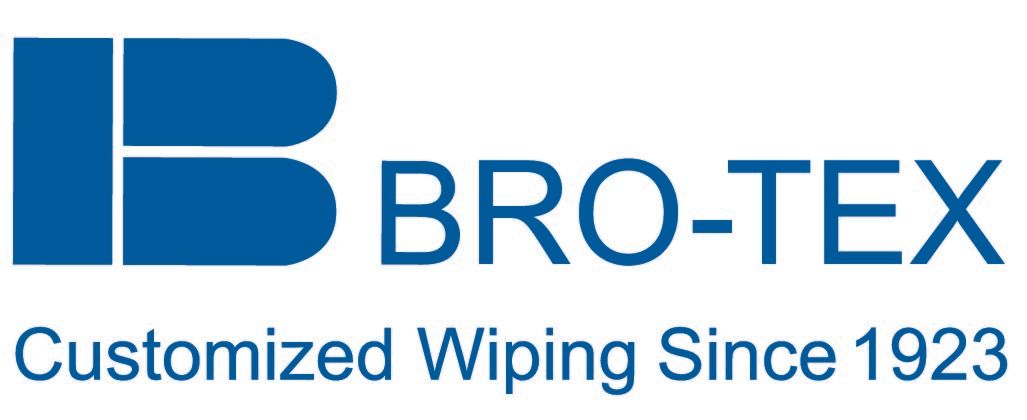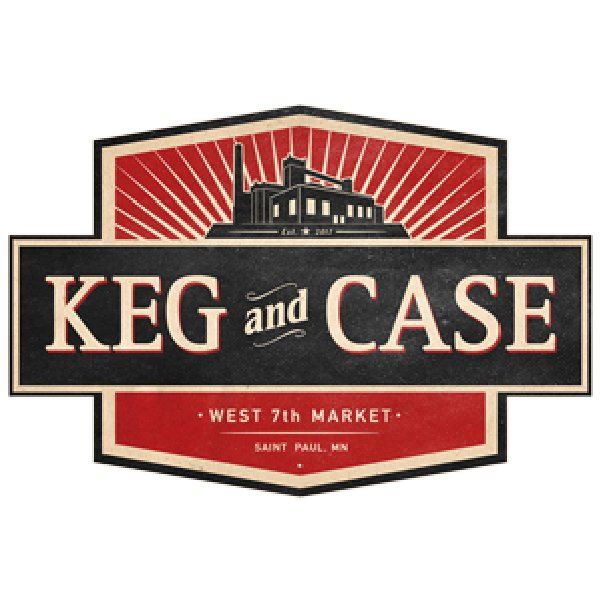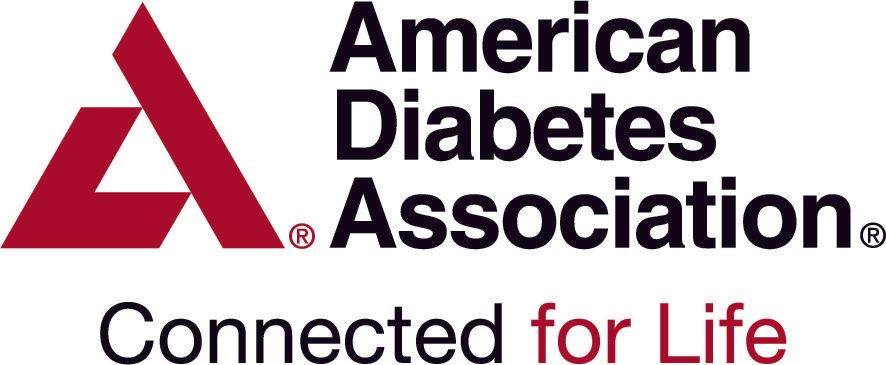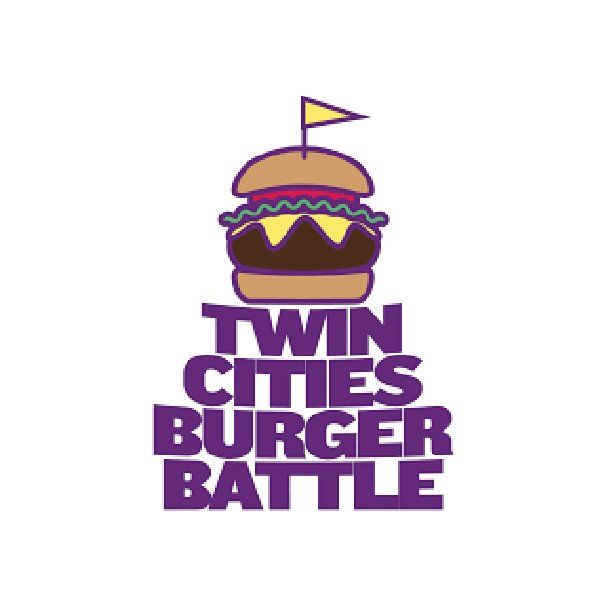Recycling Starts With The Things That You Purchase
FIND OUT HOW YOU CAN SAVE OVER 30% ON YOUR WASTE COST
WHILE IMPROVING THE SERVICE LEVEL
We Will Provide A Free Waste Savings Audit.
Packaging and containers make up the bulk of recyclables your household produces. Between 2000 and 2018, the amounts produced rose from 75.84 million tons to 82.22 million tons. The good thing is that the tonnage recycled increased from around 38% to 53.8%.
However, there is still room for improvement. In 2000, 37.86 million tons of containers and packaging ended up in the landfills. In 2018, this figure dropped to 30.53 million tons. A great way to increase recycling rates is by making smarter purchases, as recycling starts with you.
Top 3 Ways To Make Smarter Purchases At The Store
Making smarter purchases is easier than you can expect. It is helpful to know what you can and cannot recycle in your area. One area to start with is the grocery store. Here are the top 3 ways to make smarter purchases at the store:
- Save and reuse the jars when you buy grains, herbs, spices, and sugars. When you have to restock, bring the jar with you, have the store clerk weigh it, and fill your jar from the bulk containers.
- Stop getting the packaged meats with styrofoam containers in the meat department. You should go to the butcher counter instead and have the butcher fill your order from the display case. You will get your meat wrapped in butcher paper instead of styrofoam.
- When buying vegetables, buy reusable vegetable bags. If you recycled the old cartridges, many stores would offer a discount on your new ink purchase. Most stores also accept some electronics and offer some cash incentives if the item is still of value.
Shop For The Brands That Reuse Materials
Look for the companies that make their containers and packaging from recycled plastic and glass. Many cleaning product companies have now turned to eco-friendly practices. You should buy:
- Vials
- Containers
- Dissolving tablets
- Cleaning spray bottles
- Other refills containing cleaning agents
Put the cleaning tablet or the contents of the vial into an empty bottle. Add water to it and mix it. You might have an already made cleaner concentrate to pour into the bottle. You end up with bottles you could use for years and minimal packaging to recycle or throw away. When looking for new clothing, look at the brands that use recycled materials.
Make Things Yourself To Avoid Packaging
Reduce the number of cans and bottles you recycle by making your own. Then you would use your home's filtered water. Try to reuse the bottles that come with a carbonation system. Buy a reusable water bottle and fill it at home if you drink a lot of water.
Some water bottles have built-in filters that purify the water if you are worried about the water quality while refilling your water bottle when you're away from your home. Bake your own bread at home or buy bread from a bakery and reduce the number of plastic bags you recycle at drop-off bins. Stop purchasing the granolas that come in plastic bags within a cardboard box.
Granolas are incredibly easy to make with the items you purchase in bulk. In most areas, you cannot recycle the foil-lined containers. Make your own stocks instead of adding those to the landfill. Reuse as many of your recyclable products as possible. If you are looking to buy a new bookcase, consider making one out of the old furniture you have sitting in the basement or garage of your house.
Conclusion
Learn where to recycle as much as possible. Recycling always starts with the things that you buy, and it helps to boost the recycling rates. Knowing what you can and cannot recycle is necessary. If you need help determining what is allowed in your district, visit your local waste disposal district's website.
GET IN TOUCH TODAY
TVG Waste Consulting provides proactive environmental consulting services. We're dedicated to saving you time, money, and making sure you have a custom solution to meet your needs. Contact us today!
Our Recent Articles
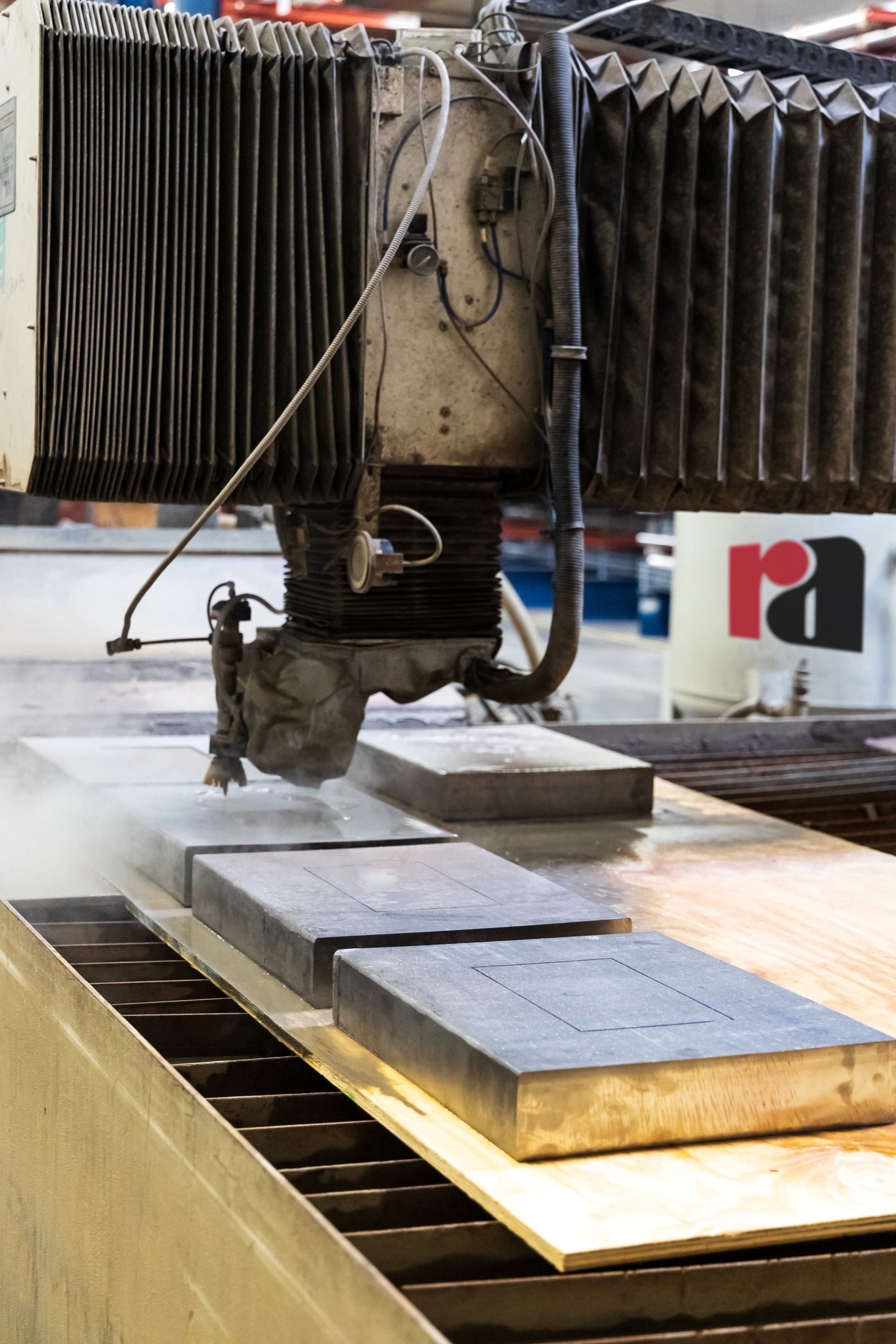
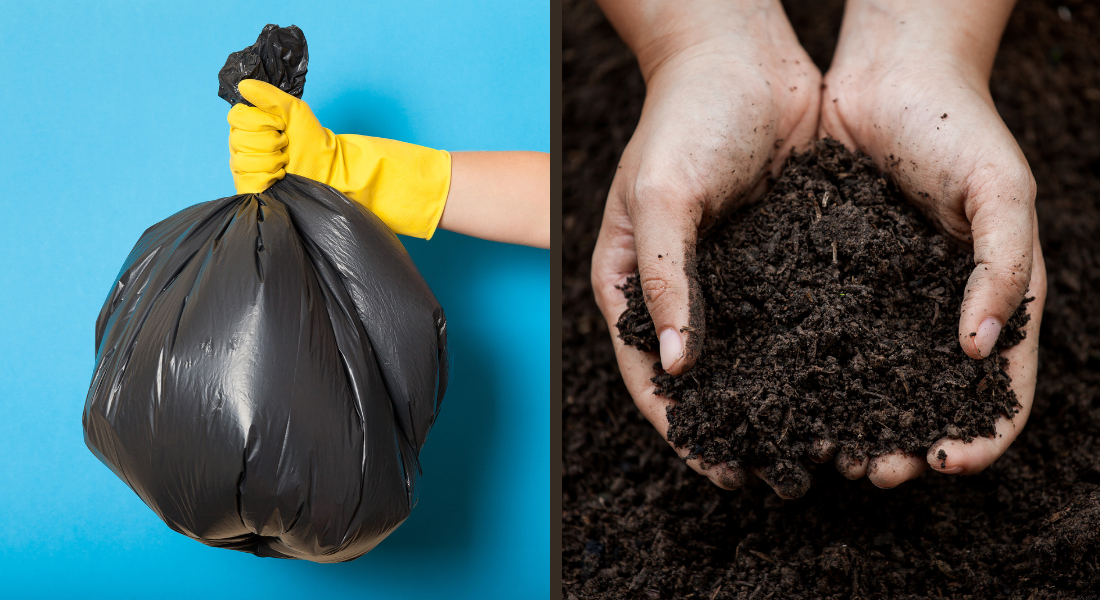
FIND OUT HOW YOU CAN SAVE OVER 30% ON YOUR WASTE COST
WHILE IMPROVING THE SERVICE LEVEL
We Will Provide A Free Waste Savings Audit.
